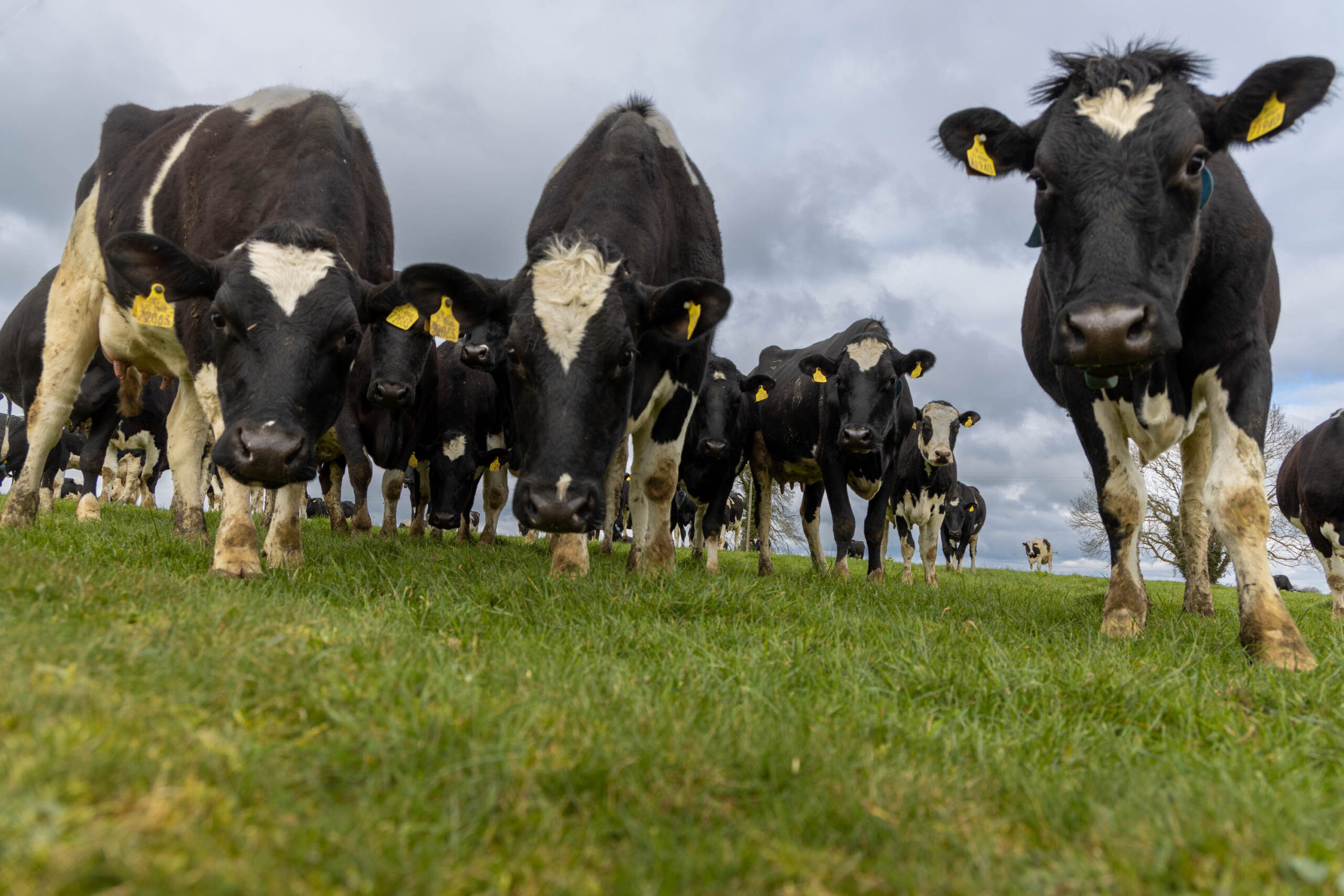ICOS welcomes Commission draft paper on ReNure. But what is ReNure?

The European Commission recently published a draft Directive amending Council Directive 91/676/EEC regarding the use of certain fertilising materials from livestock manure. The draft directive is open for public feedback until 17th May. This draft directive represents an opportunity to substitute chemical fertiliser with processed manures and for farmers who wish to export slurry for anerobic digestion or other suitable processing treatment. The draft document refers to ‘ReNure’ which stands for ‘Recovered Nitrogen from Manures’, in other words separating Nitrogen from animal manures. However, the document is quite strict in what constitutes ReNure. ICOS recognises the need for a pragmatic and scientific approach to the categorization of ReNure, however it is essential to regularly review in line with evolving and ongoing research. Adoption rates will increase if the barriers (especially economic) are reduced. It is quite apparent in the Irish context that slurry separation has the potential to drastically increase chemical fertiliser substitution and to alleviate slurry storage pressures. On-farm slurry separation technology already exists and is available to farmers and contractors.
ReNure presents a significant opportunity to export slurry off-farm and re-import the processed constituent Nitrogen in separated liquid form. Furthermore, the Phosphorus and Potassium fractions can be spread separately in a far more targeted manner. This means that farmers can reduce the organic nitrogen on their holdings whilst substituting chemical fertilisers, a win-win for GHG reduction, EU self-sufficiency in fertilisers and more efficient nutrient management. Many European member states have recognised the potential of ReNure and have made submissions to the Commission, notably Denmark. However, the rollout of ReNure as defined in the current document cannot occur without the appropriate advanced manure processing facilities being installed at scale, most likely this would occur in conjunction with the development of Anaerobic Digestion (AD) in Ireland. Although a welcome addition, relying on advanced technologies allied to AD would increase the wait and reduce the volumes of ReNure produced compared to the use of on-farm separation.
ICOS supports the Copa Cogeca position on ReNure, rejecting the requirement to have a specific list of ReNure techniques, which is they say, a “counterproductive approach which at worst could hinder technological innovation and future development of manure processing technologies”.
- Copa Cogeca quote the JRC report on RENURE, where it says “physical, chemical or biological process” should meet the eligible requirements for RENURE products if other requirements are met. Copa Cogeca stated that there should be “requirements for products and not processes”. ICOS will be presenting feedback to the European Commission calling for the full implementation of all recommended processes outlined in the 2020 JRC report ‘Technical proposals for the safe use of processed manure above the threshold established for Nitrate Vulnerable Zones by the Nitrates Directive (91/676/EEC)’. Irelands case is unique in the European Union with a primarily grass-based system so the lack of a year-round supply of slurry may render advanced technologies unviable, at least at the outset. There is a distinct risk of competitive disadvantage where indoor production systems in other EU member states may be able to avail of advanced ReNure processes due to scale and access to year-round slurry supplies, whilst substituting chemical fertiliser in the process. Ireland would need slurry separation to qualify as ReNure as an immediate first step towards a more circular economy without putting Irish farmers at further competitive disadvantage.
- The draft document raises some concerns around the presence of metals and pathogens in ReNure products, in the case of metals these are not present in animal manures. With regard to pathogens, the majority of slurry is spread on the farm of origin under existing practice and the export of cattle and pig slurry is already permitted under existing rules without adverse pathogenic effects.
ICOS also agrees with the Copa position outlining that it is essential that the treatment processes outlined in the draft commission directive are expanded to account for the specifics of all Member States so that farmers across the EU can improve nutrient circularity.
It is very clear that there are synergies between an emerging anaerobic digestion industry and these proposals. Digestate from agri feedstock is a relatively uniform product and can be separated into N and P, K fractions using existing separation technology. We believe this circular approach will result in reduced chemical nitrogen usage and will support an emerging AD sector producing ReNure as a co-product. We call for DAFM to immediately review the concept of ReNure and processed manures in the context of nitrates regulations, fertiliser regulations and particularly in support of an agri-led AD sector in the very early stages of development. Policy certainty around processed manures will drive investment and innovation, particularly in light of nitrates regulations and organic nitrogen allowances for farmers in derogation.
-End-